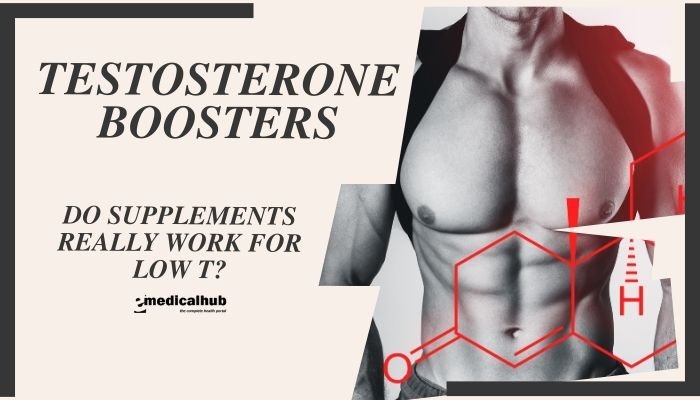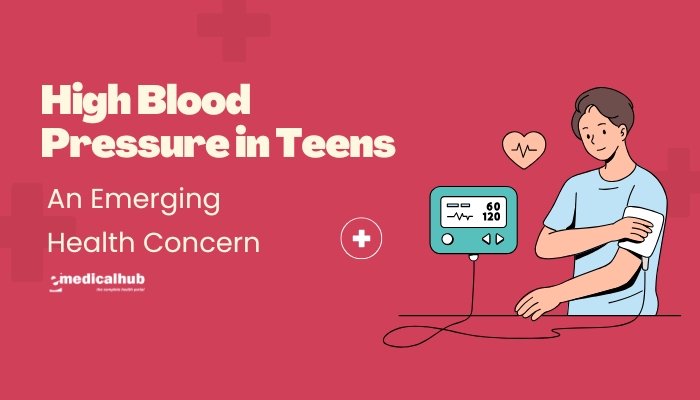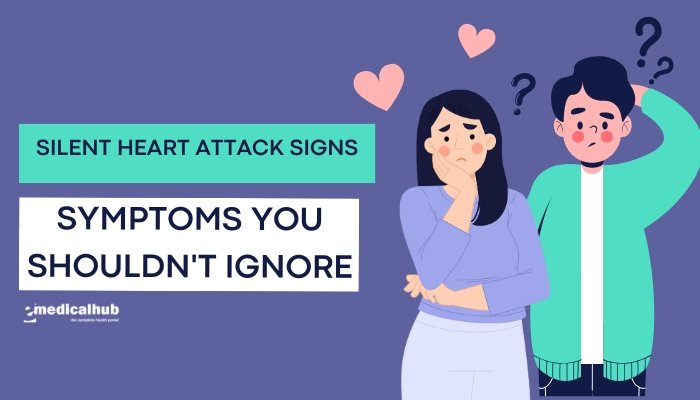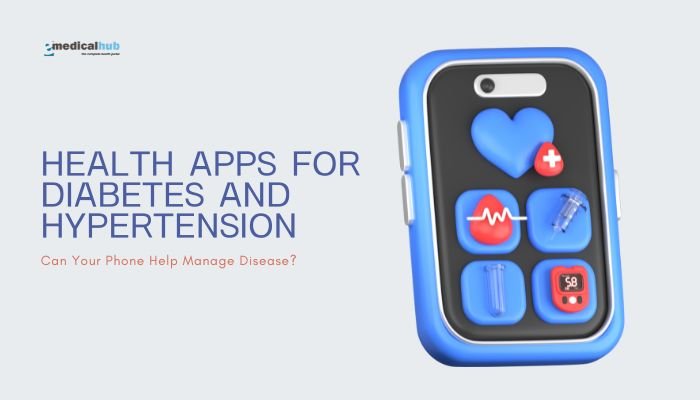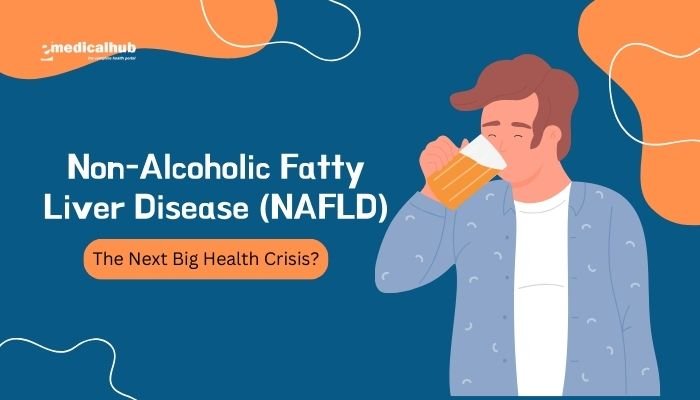Introduction
Testosterone is a key hormone in male physiology, influencing muscle mass, bone density, libido, and overall energy levels. While both men and women produce testosterone, men typically have higher levels.
Some men experience a gradual decline in testosterone, often termed “Low T,” due to age or medical factors. In recent years, the supplement market has flooded with various products promising to raise testosterone naturally—also known as “testosterone boosters.”
But do these over-the-counter boosters really work for low testosterone? Are they a safe alternative or complement to clinical treatments like testosterone replacement therapy (TRT)? This article takes a closer look at the science behind testosterone, potential causes of low T, and evaluates popular supplements that claim to increase testosterone levels. We will discuss how to recognize legitimate results, identify unrealistic marketing, and protect your health if you’re considering these products.
What Is Testosterone and Why It Matters
Hormone Overview
- Production: Predominantly in the testes for men, with small amounts in women’s ovaries and adrenal glands.
- Functions: Regulates libido, sperm production, muscle development, bone density, mood, and red blood cell production.
- Life-Cycle Variation: Peak levels often occur in the late teens or early 20s, declining gradually—around 1–2% annually—after ~30 or 40.
Defining Low T
- Clinically Diagnosed: A total testosterone level below about 300 ng/dL (nanograms per deciliter), coupled with symptoms like reduced sex drive, fatigue, depression, or muscle loss.
- Symptoms: Decreased energy, difficulty building muscle, increased body fat, lowered libido, possible mood changes.
- Secondary Causes: Certain conditions (like type 2 diabetes, obesity, or pituitary problems) can hasten a decline in testosterone.
Potential Approaches to Managing Low T
Medical Treatments
- Testosterone Replacement Therapy (TRT): Prescription-based interventions (injections, gels, patches, implants). Best for clinical low T with notable symptoms.
- Lifestyle Changes: Weight loss, resistance training, adequate sleep, and stress management can modestly boost or sustain healthy testosterone levels.
- Addressing Underlying Issues: Treating sleep apnea, hormone imbalances, or thyroid dysfunction.
OTC Supplements (Testosterone Boosters)
- Definition: Non-prescription products, often herbal or nutrient-based, claiming to help raise or optimize testosterone.
- Availability: Widespread in health stores, gyms, online retailers.
- Claims: Some promise muscle gains, improved libido, energy, and fat loss.
Key Insight: The degree to which these boosters are scientifically validated is highly variable. A thorough look at each ingredient is important.
How Testosterone Booster Supplements Typically Work
Theoretical Mechanisms
- Stimulating Testosterone Production: Encouraging the testes to produce more testosterone (via increased LH or related pathways).
- Reducing Estrogen: Some boosters claim to block or lower estrogen, shifting hormonal balance.
- Improving Free Testosterone: Potentially limiting sex hormone-binding globulin (SHBG), thus raising the fraction of unbound (“free”) T that tissues can use.
- Providing Nutritional Support: Some vitamins or minerals (e.g., zinc, vitamin D) are essential for hormone synthesis.
Common Ingredients
- D-Aspartic Acid (D-AA): Proposed to regulate the release of luteinizing hormone (LH), thus possibly raising T. Evidence is mixed—some short-term benefit in certain men, but minimal or no effect in others.
- Tribulus Terrestris: A widely touted herb in male enhancement formulas. While it may improve libido, robust T elevation in healthy men is not consistently documented.
- Fenugreek: May reduce SHBG, potentially elevating free T. Some modest evidence from small studies, but results differ.
- Ashwagandha: Adaptogenic herb that may lower cortisol and indirectly support T levels in stressed individuals.
- Zinc and Magnesium: Insufficient dietary intake can hamper T production, so supplementation helps only if one is deficient.
- Vitamin D: Deficiency correlates with lower T levels; supplementing could help correct suboptimal T in those lacking.
- Boron: Some small-scale studies propose SHBG-lowering properties, though large-scale data are lacking.
Evaluating Claims and Evidence
Research Quality
- Many Studies Are Small or Limited: Ingredients often rely on short-term or animal-based research.
- Conflicting Outcomes: Trials sometimes fail to replicate earlier positive findings.
- Placebo Effect: Because T levels can fluctuate daily, perceived improvements in mood or energy might be partly psychological.
Potential Overstatements
- Marketing Tactics: Phrases like “boost T by 400%” or “build muscle fast” appear commonly but typically lack credible references.
- Cherry-Picked Data: Some commercials highlight outlier results, ignoring average or negative outcomes.
Interactions and Side Effects
- Safety Not Guaranteed: While many boosters are “natural,” herbal extracts can have adverse interactions with medications or underlying conditions.
- Hormonal Imbalance: Excessive estrogen suppression or changes to other hormones can cause undesired effects, from mood swings to testicular atrophy.
Do Supplements Actually Increase T for Low Testosterone?
Limited Real-World Impact
- Possibility of Minor Increases: A few ingredients might help borderline T levels in men who are slightly low, especially if they correct a nutrient deficiency.
- Sizable Gains Are Rare: Achieving large, clinically relevant rises in T from typical boosters alone is uncommon.
- Individual Variability: A fraction of men might notice mild improvements if they had a deficiency (e.g., low vitamin D or zinc).
Best Candidates
- Mildly Low T, No Major Health Issues: If you have borderline T and a suboptimal diet, a well-chosen supplement might complement healthy lifestyle changes.
- Non-Deficient Individuals: The effect may be negligible if your baseline nutrition and hormone status are adequate.
Healthful Lifestyle vs. Supplements
- Better ROI: Weight management, adequate sleep, resistance exercise, and stress reduction typically yield more consistent T benefits than expensive pills alone.
- Synergistic Approach: Potentially, combining diet, exercise, and supplement solutions might give small additive T improvements for some men.
Natural Ways to Improve Testosterone
Nutrition and Body Weight
- Balanced Diet: Enough protein, healthy fats, and micronutrients. A Mediterranean or balanced diet can support hormonal function.
- Moderate Weight: Obesity worsens insulin resistance and reduces T; losing body fat can raise T levels significantly.
- Crucial Micronutrients: Vitamin D, zinc, magnesium, B vitamins—regularly check for deficiencies if suspected.
Resistance Training
- Compound Lifts: Squats, deadlifts, bench press—stimulate muscle growth, up-regulating anabolic hormones.
- Consistency: 3–4 sessions a week; research shows acute T spikes post-workout, though chronic changes might be moderate.
- Avoid Overtraining: Excessive exercise plus poor rest can raise cortisol, undermining T production.
Adequate Sleep
- Recommendation: Typically 7–9 hours. Sleep deprivation correlates with lowered morning T levels.
- Hormone Regulation: REM cycles and slow-wave sleep are crucial for pituitary hormone pulses.
Stress Reduction
- Cortisol vs. Testosterone: Chronically high cortisol can blunt T. Techniques like meditation, yoga, or therapy help.
- Balancing Work/Life: Minimizing chronic stress fosters a supportive environment for endocrine health.
Alcohol and Smoking
- Alcohol: Excess consumption linked to depressed T.
- Smoking: Complex effects—some older studies showed acute T changes, but overall detrimental to health. Quitting remains best practice.
When Prescription Therapies Make Sense
Testosterone Replacement Therapy (TRT)
- Indication: Clinically low T plus symptoms that hamper quality of life.
- Forms: Injections, topical gels, patches, pellets.
- Risks and Monitoring: Potential side effects include polycythemia, prostate changes, or fluid retention. Regular follow-up is crucial.
Collaboration with Medical Professionals
- Endocrinologists or Urologists: Specialists who interpret lab results, check for underlying causes, and suggest tailored solutions.
- Lifestyle + TRT: Even on hormone therapy, healthy habits remain essential to maximize benefits and mitigate cardiovascular or metabolic risks.
Comorbidities and Caution
- Heart Disease or Sleep Apnea: TRT can worsen or remain neutral. Thorough screening is vital.
- Fertility Concerns: Exogenous T can suppress spermatogenesis. Men wanting children soon might consider alternatives.
Practical Tips: Buying and Using Testosterone Boosters Safely
Checking Reputable Brands
- Third-Party Testing: Supplements verified by NSF, USP, or Informed-Choice to ensure purity, correct labeling, and minimal contaminants.
- Transparent Labels: Look for fully disclosed ingredient amounts; proprietary blends can obscure actual dosages.
Starting Slow
- One Supplement at a Time: So you can gauge if it has any beneficial or adverse effects.
- Follow Serving Guidelines: Overdosing can cause side effects like digestive upset, hormone imbalance, or toxicity if certain ingredients (like fat-soluble vitamins) accumulate.
Watch for Red Flags
- Unrealistic Claims: “Boost T by 500% in one week!” or “No exercise needed” typically signals a scam.
- Hidden Ingredients: Some unscrupulous products contain unauthorized substances (e.g., steroids). Official warnings or recalls may appear on regulatory sites (e.g., FDA).
Monitoring Changes
- Track Baseline T Levels: Check with your doctor, recheck after 3–6 months on a booster to see if values shifted.
- Subjective Gains: Are you noticing improved energy, mood, or libido? Or no difference?
- Side Effects: Acne flare-ups, irritability, or hair loss can indicate androgenic effects or an imbalance in hormones.
Frequently Asked Questions (FAQ)
- Can older men gain muscle by using T-boosting supplements alone?
- Real muscle building still relies on consistent resistance training and protein intake. Boosters alone rarely produce major changes in body composition, but might add small synergy if legitimate.
- Are natural testosterone boosters safe for everyone?
- Generally safer than synthetic hormones, but not universal. People with certain conditions (e.g., heart issues) or on medications must be cautious. Always consult a doctor first.
- How long until I see results if a T booster works?
- If effective, noticeable changes might appear within 4–12 weeks—improved energy, mild strength gains, or better mood. Significant T leaps in a short timeframe are improbable.
- Will T boosters fix erectile dysfunction (ED)?
- ED has many causes beyond T deficiency (vascular, neurological, psychological). A mild T boost might help if low T is partially responsible, but ED sometimes requires broader medical evaluation.
- I have normal T levels but want an edge—could a booster still help?
- If your T is already normal, further boosting may yield minimal benefit. Gains likely come more from robust training, nutrition, and rest than from a mild T bump.
Summation of Key Points
- Lifestyle First: Weight management, workout consistency, good sleep, and balanced nutrition are proven to help maintain or slightly increase testosterone, overshadowing most boosters.
- Supplements: Some modestly raise T in specific circumstances, especially if you were lacking key nutrients (zinc, vitamin D). Many are either unproven or produce negligible results.
- Medical Advice: Evaluate whether your T is truly low and symptomatic, and consider safer or more reliable methods under professional guidance.
- Safety: Even “natural” products can cause side effects or interfere with prescriptions. Vet them carefully, watch out for unscrupulous claims.
Takeaway: If your testosterone is mildly low, or you suspect deficiency, the best approach merges a healthy lifestyle, targeted supplementation (if deficiency is present), and open communication with a healthcare professional. True hormone optimization often stems from foundational habits, not miracle pills.
Conclusion
For men with genuinely low T, diagnosing the underlying cause is the first step. Some men can see mild improvements from over-the-counter “testosterone boosters,” particularly if they address nutritional gaps or mild deficiencies, but dramatic hormone surges or muscle gains akin to anabolic steroids are largely unrealistic. Meanwhile, ongoing good habits—clean eating, regular strength training, adequate sleep—remain the bedrock for healthy testosterone levels.
Men with clinically low T might require more direct interventions, including TRT, prescribed under medical supervision. Supplement usage calls for prudent selection, avoiding hype and questionable products. Ultimately, a balanced perspective—using legitimate scientific evidence, focusing on long-term well-being, and seeking appropriate medical counsel—empowers men to safeguard their hormone health in a safe, sustainable manner.
References
- Bassil N, Alkaade S, Morley JE. The benefits and risks of testosterone replacement therapy: A review. Ther Clin Risk Manag. 2009;5:427-448.
- Travison TG, Araujo AB, Kupelian V, et al. The relative contributions of aging, health, and lifestyle factors to serum testosterone decline in men. J Clin Endocrinol Metab. 2007;92(2):549-555.
- Snyder PJ, Ellenberg SS, Cunningham GR, et al. The Testosterone Trials: seven coordinated trials of testosterone treatment in elderly men. J Clin Endocrinol Metab. 2014;99(3):987-975.
- Thomas DT, Erdman KA, Burke LM. Position of the Academy of Nutrition and Dietetics, Dietitians of Canada, and the American College of Sports Medicine: nutrition and athletic performance. J Acad Nutr Diet. 2016;116(3):501-528.
- Isidori AM, Giannetta E, Greco EA, et al. Effects of testosterone on body composition, bone metabolism and serum lipid profile in middle-aged men: a meta-analysis. Clin Endocrinol (Oxf). 2005;63(3):280-293.
- Rahimi R, Nikfar S, Rezaie A, et al. A review on clinically tested herbal supplements with potential effect on testosterone. Phytother Res. 2019;33(3):612-620.
- Higgins JP, Tuttle TD, Higgins CL. Health claims and adequate solutions in the dietary supplement industry. Prev Cardiol. 2010;13(3):104-107.
- Wilt TJ, Harris RP, Qaseem A. Screening for low testosterone in adult men: A clinical practice guideline from the American College of Physicians. Ann Intern Med. 2020;172(2):126-133.
- Brill KT, Weltman AL, Gentili A, et al. Single and multiple sets of resistance exercise affect post-exercise testosterone and cortisol. Horm Metab Res. 2009;41(2): 62-67.
- Hackney AC. Stress and the endocrine system in poor nutritional states. Curr Opin Clin Nutr Metab Care. 2006;9(6):681-686.
- Budoff MJ, et al. Testosterone therapy and coronary artery plaque volume in older men with low testosterone. JAMA. 2017;317(7):708-716.
- Viera AJ, Claborn T, Neutze D. Diagnosis of secondary hypertension: an age-based approach. Am Fam Physician. 2018;97(1):35-41.
- Baillargeon J, Urban RJ, Ottenbacher KJ, et al. Trends in androgen prescribing in the United States, 2001 to 2011. JAMA Intern Med. 2013;173(15):1465-1466.
- Centers for Disease Control and Prevention (CDC). Nutritional biomarkers and deficiency data. 2021.

